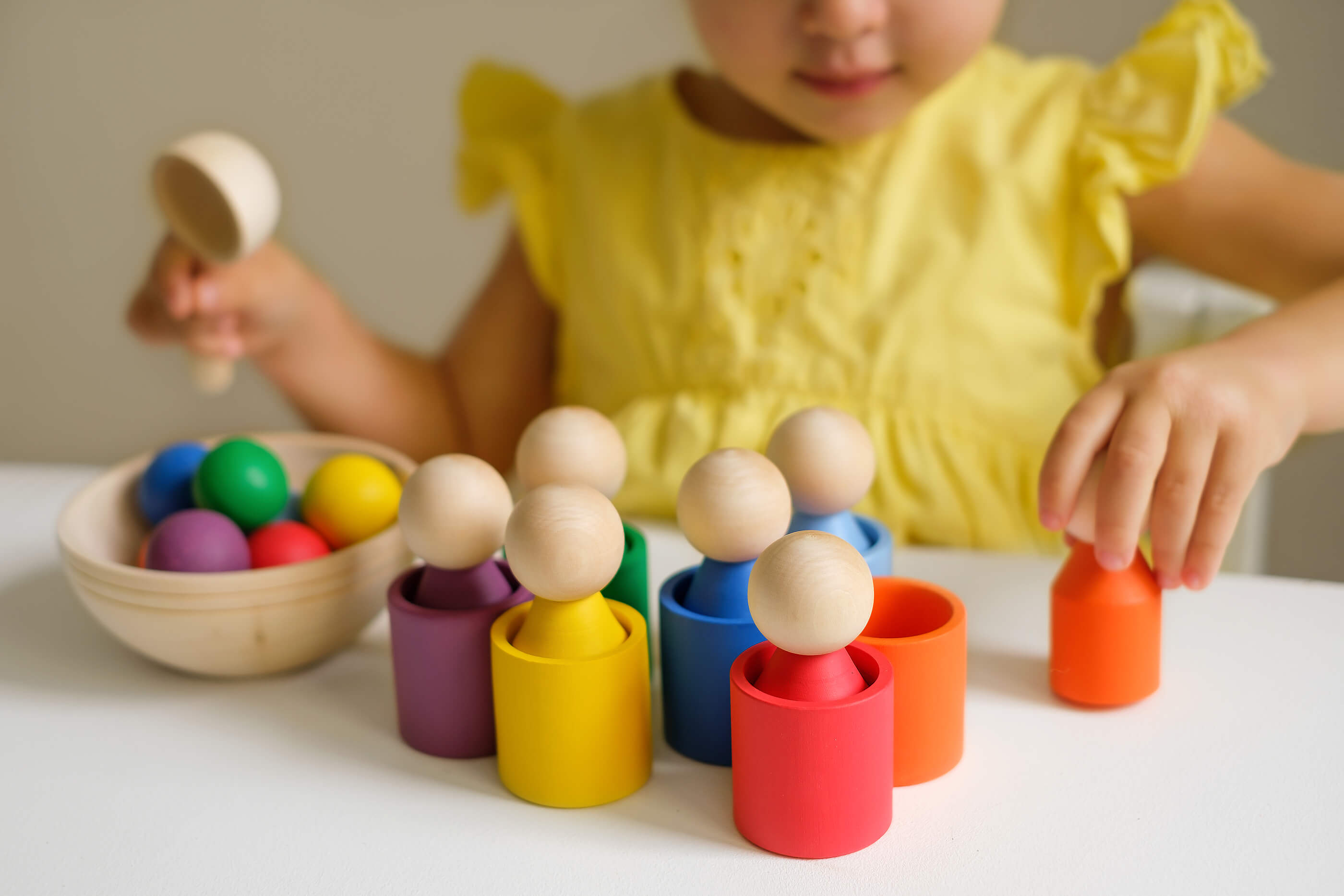
Play is a crucial part of a child’s developmental growth. It allows children to develop their creative and critical thinking skills and tap into their imagination and emotions. Here are some of the different types of play and how they are beneficial for a child’s development and growth.
Cooperative play
Cooperative play occurs when a child interacts with other children to build their social and communication skills. Often, it involves children working towards a common goal or purpose. Cooperative play teaches children to be a proactive team player and how to collaborate with others. Learning how to collaborate with others at an early age can help a child assimilate into a group much easier, cope with failure and develop meaningful relationships with those around them.
Some activities that are perfect examples of cooperative play are a game of soccer, solving puzzles together, board games and putting up a performance. We offer speech and drama classes for children at Viv’s Schoolhouse to let them play and cooperate with classmates, as well develop emotional intelligence.
Independent play
Unlike cooperative play, independent play allows children to play freely with their different toys or play objects. Toddlers between the ages of two and three generally prefer this type of play as some may still feel a little shy to interact with other children. They may not have honed the social skills needed to communicate with their peers effectively.
Independent play allows children to make their own decisions and not be restrained by the rules or wants of others. These decision-making skills will also enable children to build on their confidence and courage, which would help them express their thoughts and feelings clearly and confidently.
Some examples of independent play activities are sketching, reading books, or playing with building blocks by themselves.
Why is play important for children?
Many factors can contribute to why play is essential for children during their early developmental stages. Some of the main reasons are:
- Physical development: Active play such as climbing, running, jumping and playing ball games can help with the physical development of a child as it utilises the large and small muscles that support the child’s overall well-being, growth and health.
- Social and emotional development: Children will get to practise how to work with other children and make decisions and choices for themselves. They will also be able to develop self-confidence, learn how to control their emotions and develop a sense of control and empathy when playing with other children.
- Cognitive development: Children will be able to learn how to problem-solve, recognise colours and shapes, and develop other traits such as resilience and perseverance.
Conclusion
Play is essential in early childhood as it teaches children to develop socially, emotionally and physically. These skills and traits that they learn as a child will help them even when they reach adulthood.
If you are looking for a preschool that can cater to your child’s developmental and play needs, look no further! At Viv’s Schoolhouse, we are an international preschool and childcare in Singapore specialising in educating children from 18 months to 6 years old. We adopt an experiential learning approach and aim to engage all five senses of our children as much as possible.
If you have any enquiries, do not hesitate to contact us today!
